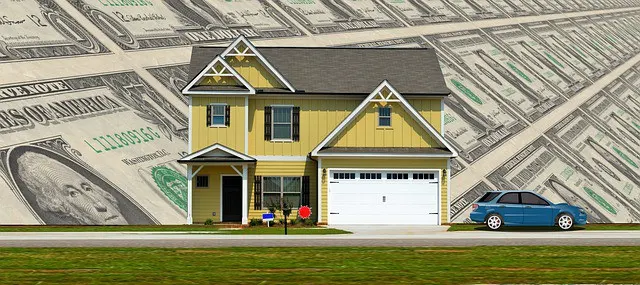
A new decade is fast approaching and if you work in real estate, you will undoubtedly wonder what the coming new year holds in store for the market. To have success and make money in this competitive field, you’ll need to be keenly aware of the emerging trends in the sector. When you know what buyers are looking for, you’ll be able to tweak your approach and satisfy their needs — which in the end will put more money in your pocket.
Here are five real estate trends to watch out for in 2021.
-
Tech Gives You an Edge
Competition is as tough as ever in real estate, so one thing you’ll need to get a handle on is technology.
As MTDPropertyManagement.com explains, you’ll need to find the right tools that will integrate well with one another, deliver return on your investment, and allow you to focus your time better on making profits.
One thing to think about would be what would you rather be doing: sending out listings to leads manually or investing in a system that operates automatically?
Would you prefer to spend your busy life replying to and assessing leads, or would you not want to outsource this activity to a company that has experience in lead qualification? Technological automation means less tedious work and stress for you and more sales.
-
The So-Called Silver Tsunami
Right now, there are a variety of connected demographic trends that are cresting together.
We’re specifically talking about the life expectancy age and how it’s risen as the baby boomer generation entering their retirement years. It’s thought that the number of people in the USA over the age of 80 years old will double over the next 20 years or so.
Meaning there will be an increase from 6 million to 12 million people in this age bracket. With the last crop of baby boomers set to turn 80 in 2044, there’s going to be a dramatic rise in older members of the population looking for retirement home options.
-
The Predicted Recession
There are various financial experts who are predicting an upcoming recession in the US economy sometime over the next couple of years.
Don’t start worrying though, as there’s a lot of evidence to suggest the housing market won’t be affected as hard as other sectors will be. There’s evidence that the real estate market is going to become more balanced.
Despite homeowners insurance rates increasing, thanks to the steady increase in housing prices, tighter federal lending policies, and low rate of unemployment.
-
The Rise of the Suburbs
There is a real sense that the “return to the city” ethos that epitomized the 2010s has shifted, as city populations have decreased while suburban areas have had an increase in size.
This may be down to the tapering off effects of the recent recession, with the offer for mobility for millennials and the fact it’s easier to buy property. As many millennials are now starting families, the move to suburbia makes sense.
They want the affordability and stability of non-city life, without being too far from the city.
-
Millennials Make Up the Biggest Part of the Market
Millennials have steadily started to dominate the real estate market. As they prefer to research all their purchases online, including real estate, it’s important to leverage internet use when trying to appeal to these buyers. It’s also important to offer property with lots of practical space and that are green and sustainable.
By closely monitoring the above trends, you will be better able to improve your real estate business in the coming year. Happy selling!
- Sagittarius Man & Gemini Woman Love and Sex Compatibility - January 31, 2024
- Taurus Ascendant Rising Personality Traits in Men (Guide) - January 31, 2024
- How to Seduce and Attract a Sagittarius Man (Seduction Tips) - January 31, 2024
